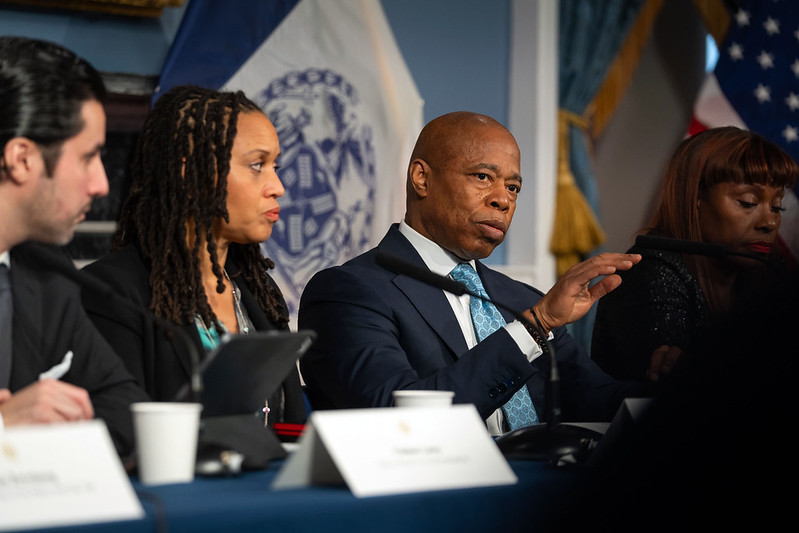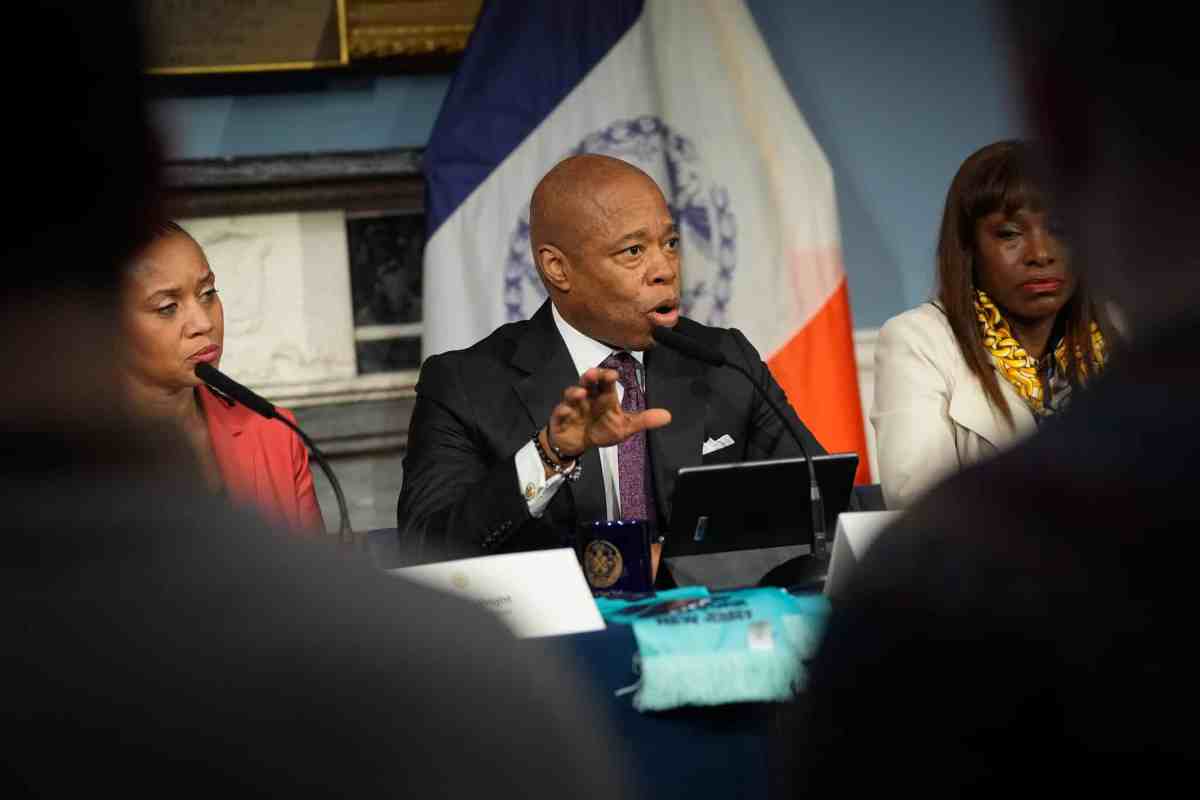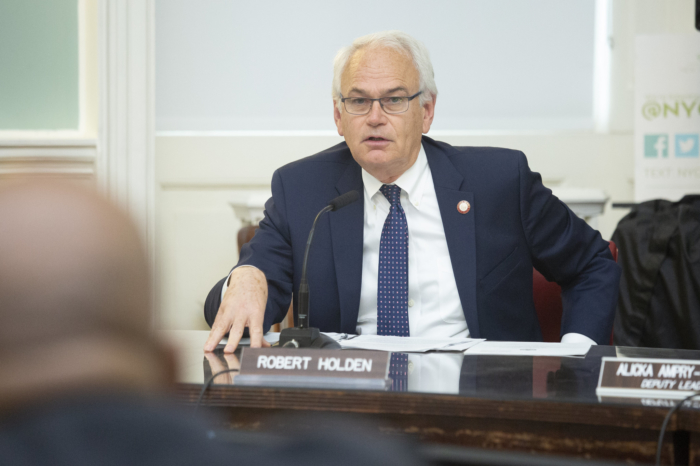BY CHARLES HOUSTON
Gov. Cuomo has established a wage board within the state Department of Labor to consider raising wages of workers in the fast-food industry to $15 per hour. Hearings held by the wage board have included compelling testimony from fast-food workers about how difficult it is to survive on the earnings typical of that industry.
As executive director of Queens Centers for Progress (QCP), a nonprofit providing a comprehensive range of services to children and adults with developmental disabilities for 65 years, I have firsthand knowledge of another group of people whose earnings make it difficult-to-impossible to make ends meet: our direct care staff.
More than 400 of QCP’s 600 staff members have direct, hands-on responsibilities for the people we serve. They dress, feed, bathe, toilet and provide daily care to people with significant disabling conditions. As part of their jobs they must go through background checks and extensive training. There are thousands of similar staff doing similar work across New York State.
The salaries we are able to pay staff are determined, and limited, by the operating rates available through our government funding sources, primarily Medicaid. We cannot raise the price of a product or service to generate more income. Our starting salaries for direct care staff are several dollars per hour less than the $15 target being discussed for fast food workers.
We already have difficulty filling direct care openings, and these positions turn over at a high rate. Many staff who find this work rewarding are forced to choose other jobs for purely economic reasons, thereby depriving the people in our programs, who have come to know and depend on them, of a familiar, caring presence. Increasing the wages of fast food workers alone to $15 would only make this situation worse.
However deserved it may be, a significant increase in wages for fast-food workers, while ignoring other hardworking but low-paid employees in the developmental disabilities field, would have a terribly negative impact on services to some of New York State’s most vulnerable citizens. It would increase the likelihood that someone considering a direct care job would not take it in the first place. It would increase the likelihood that existing staff would leave their job for a fast-food position because the wage difference was too great to ignore.
It would truly be a case of unintended consequences, where something done in a desire to help one group of people would make matters worse for others. This is not sound public policy.
RECOMMENDED STORIES




































